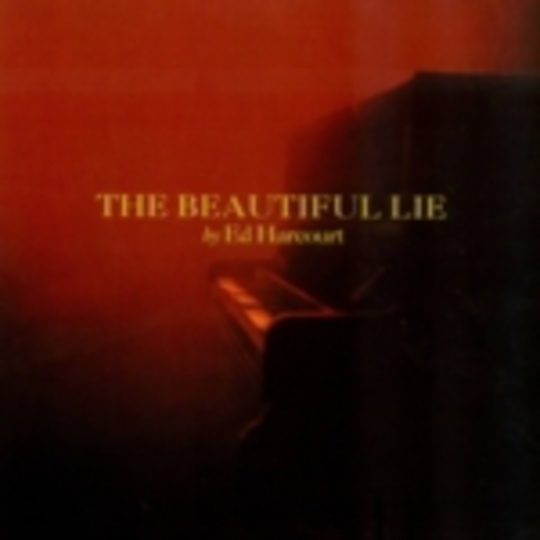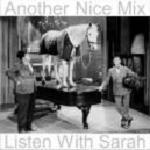Although Ed Harcourt has been considered by many to be on the cusp of greatness ever since his mini-album Maplewood hit the shelves six years ago, he arguably has yet to truly fulfil his potential. A simple flick through the DiS archives reveals a seven out of ten for each of his previous albums; three efforts which showed promise but lacked a certain something, guilty on occasion of too much filler. Sadly, Harcourt’s new long-player seems to suffer from the same symptoms.
There aren’t any obviously bad ideas contained within The Beautiful Lie but it does, on occasion, seem as though some of the material has been taken direct from its demo stages and committed straight to tape, without any of the issues being addressed. Take ‘Scatterbraine’ as an example, where a simple waltz is transformed using violins and ham-fisted piano into discordant circus music, before suddenly switching time signatures. A perfectly plausible idea, yet the change is so sharp it sounds as if Harcourt has simply stitched two different songs together, roughly, and not thought to check the seam. As a result, it sounds neither natural nor finished.
The two tracks which see Harcourt on best form run consecutively at the album’s beginning: ‘Visit From The Dead Dog’ – an upbeat childhood tale of an animal apparition, with double-tracked vocals and a jazzy, ultra-dry snare – and ‘Whirlwind In D Minor’. This latter track, a song that has apparently been around since the days of the Here Be Monsters alnum back in 2001, is typical Harcourt: a near-whispered, reverberating verse over simple guitar arrangements gives way to the sweep of a xylophone and a lovelorn chorus line of “Will you love me when I’m old? I’m still hoping I can get that far”.
Yes, it may seem overly dramatic, but this is Harcourt territory, and drama is his game. The Beautiful Lie finds him lyrically accusing (“You only call me when you’re drunk”), despairing (“Adventurous you used to be, but now you seem so dead to me”) and dependent (“My stomach knots and twists, you’ve created this feeling”) in equal measure. The arrangements share in the drama – waves of string instruments crash against brooding piano-chord icebergs, transforming some of the songs into grandiose epics like the soundtrack from the final scene of some disaster movie.
Yet, despite all of the ingredients for a great album being present, it just doesn’t ignite, perhaps due to the unmoving, maudlin stance from which it is all delivered. Harcourt fails to sound excited even when he speaks of revolution, and comes out of his shell only once during the album’s closing stages on the cha-cha-teasing ‘I Am The Drug’. It may be liked, loved even by some, for its tender, oft-heartwrenching lyrics but Ed Harcourt’s The Beautiful Lie seems strangely resigned. For an album dealing so strongly with love and despair - a topic which surely requires the songwriter to engage his listener - our host seems a little distant, leaving his audience unaffected a little too often, and as an unfortunate result this album may find itself lost all too easily amongst his other offerings.
-
6ben marwood's Score





















